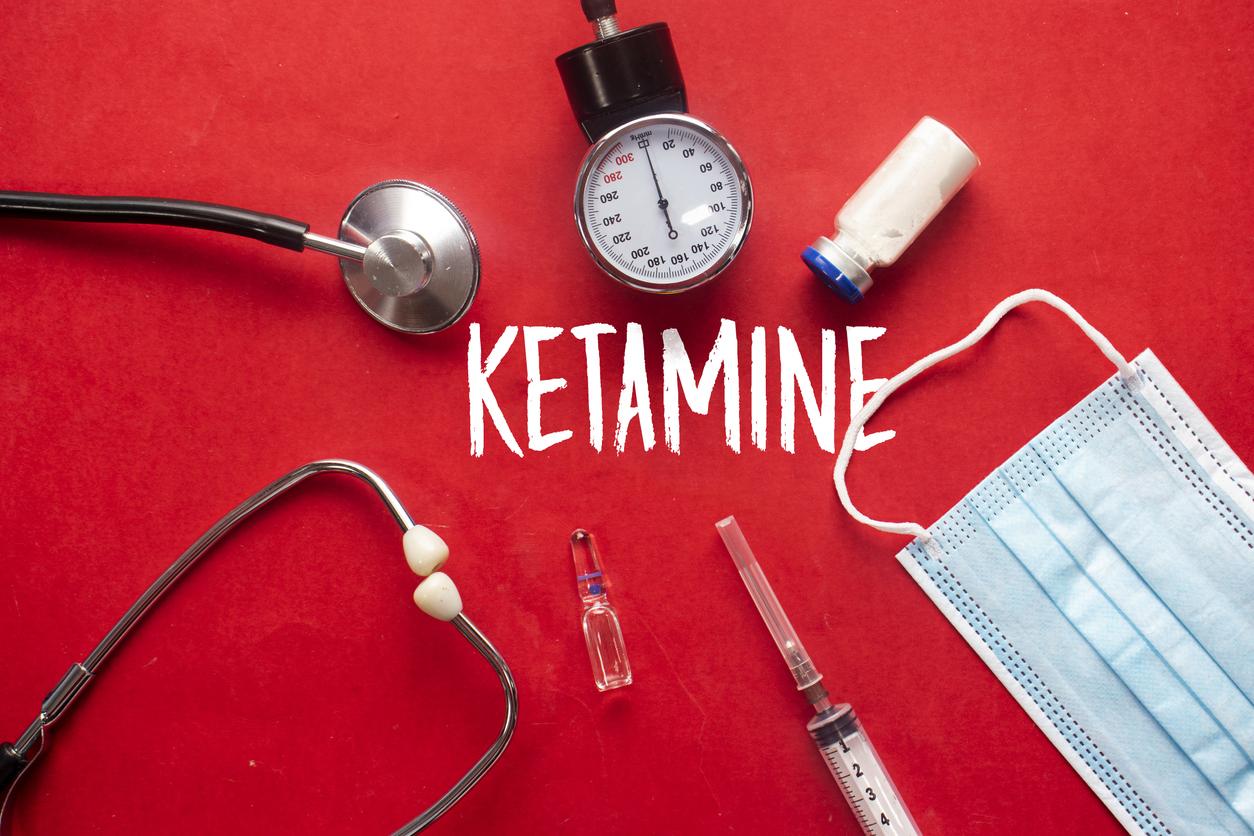19% of employees say they have moved since the start of the health crisis, a rate that rises to 35% for teleworkers. And they did well.

- Depression is a common mental disorder.
- It is characterized by sadness, loss of interest or pleasure, feelings of guilt or low self-esteem, trouble sleeping or appetite, feeling tired, and lack of concentration .
While employees are still psychologically affected by the Covid-19 health crisis, returning to the office and post-pandemic moves have had a positive impact on their mental health, as has “the actions of psychosocial safety”.
15 points less psychological distress
According to the 8th wave of the employee psychological health barometer produced by OpinionWay for Human Footprint, 19% of employees say they have moved since the start of the crisis (this rate rises to 35% for teleworkers). And teleworkers who have moved show 15 points of psychological distress less than the others (28% vs 43%).
Among the 20% of employees declaring to have been on sick leave for psychological reasons, 69% of them declare having moved, “which confirms the link in mental health and the desire for a change of life”, analyze the pollsters. 12% of employees surveyed also say they have never returned to the offices since the start of the crisis. “The level of psychological distress being 56% for the latter against 36% when they returned” reveals the barometer.
The study also shows that psychosocial safety actions, when they exist, have a beneficial effect on psychological health. Around 1/3 of organizations have implemented substantive measures, which improve the psychological health of employees by 30 points.
33% of employees seek support for depression
However, the indicators of the psychological state of employees remain worrying, even if we observe a decrease compared to May 2021. The rate of depression requiring support among employees remains at 33%.
“These figures are instructive because they express a real change in the relationship to work and the priorities of French employees. They are exhausted by these months of crisis, by confinements followed by deconfinements and aspire to change in particular to preserve their health. mental health at work. But beyond that, it demonstrates a change in the relationship to work and raises a fundamental question: that of the meaning of work”, conclude Christophe NGUYEN, work psychologist / president of Empreinte Humaine, and Jean-Pierre BRUN, co-founder of Empreinte Humaine / expert consultant.

















